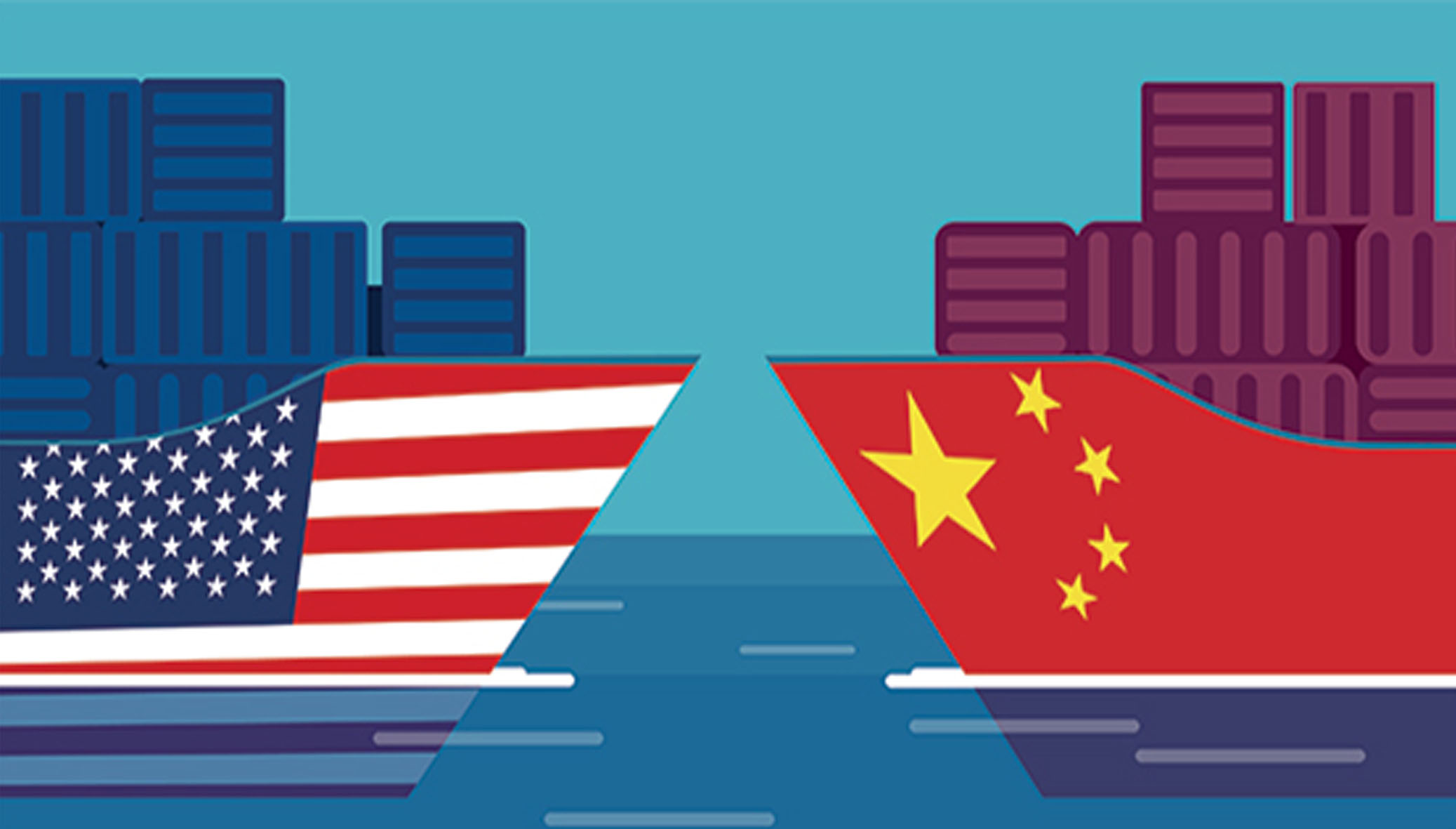Considering we are reportedly on the brink of a world recession following the coronavirus outbreak and the US and China have been in a tit-for-tat trade war over tariffs during the past 12-24 months, a lack of space is probably the least expected of outcomes.
In conjunction with our Asian Trade Management team, based in our Chinese regional head office, we have been analysing the reasons this current situation has arisen, which is due to a number of factors rather than a single explanation.
US/CHINA TRADE WAR REBOUND
The trade war probably reached its height at the back end of last year, when Trump was increasing the duty tariffs for Chinese products regularly and Beijing were responding in similar fashion. Many US companies are reported to have run stocks down in the belief that the situation ‘may’ be resolved and some of the duty rates ‘may’ be reversed. By the second half of this year, especially following the global pandemic, many of these products were in short supply and this resulted in a large spike in demand.
REOPENING OF BUSINESS FOLLOWING LOCKDOWNS
Similar to the situation in the UK and Europe, there was a surge in bookings following a period of weeks with no activity. During the lockdown period stocks of many products, not necessarily retail related, continued to deplete and could not be replenished. Another spike in demand.
PEAK SEASON
This month generally sees the beginning of the annual peak season which usually lasts through to December. The season is fuelled by retail leading up to Black November, Christmas and January demand. The online sector continues to thrive, even though the high street is struggling, and this results in more demand.
BLANKED SAILING SCHEDULE
Blanked sailings were introduced during Chinese New Year, as is often the case during this two-week period and beyond, where carriers reduce capacity to suit the annual shut down. However, the coronavirus outbreak extended the CNY period this year and then lockdowns followed around the world. Blanked sailings have continued throughout the year and despite the increase in need, we are still not witnessing a full schedule. Therefore, reduced capacity.
CARRIER LOSSES
Global carriers have undoubtedly lost millions, maybe even billions of dollars during the first half of this year. They have made huge investments in numerous new mega-ships, that cost upwards of $200 million each, over the past year or two. By running at less than full capacity and creating the extra demand we have now, they are able to drive rates upwards and maximise profits in the second half of the year to help recoup their losses. Again, reduced capacity.
Whether the carrier’s current policies prove to be short-sighted and end up damaging the global economy in the longer term remains to be seen. However, one thing for sure is the industry can ill-afford the loss of another major carrier after losing Hanjin four years ago.
At Westbound Logistics we pride ourselves in offering personalised and tailored logistics solutions. To find out more please call 01375 800800 or email info@westboundglobal.com.



